- Your cart is empty
- Continue Shopping

Product
Synthroid (Levothyroxine)
Original price was: $130.00.$120.00Current price is: $120.00.
Levothyroxine is used to treat an underactive thyroid (hypothyroidism). It replaces or provides more thyroid hormone, which is normally produced by the thyroid gland. Low thyroid hormone levels can occur naturally or when the thyroid gland is injured by radiation/medications or removed by surgery.
buy levothyroxine
This medication is also used to treat other types of thyroid disorders (such as certain types of goiters, thyroid cancer).This medication should not be used to treat infertility unless it is caused by low thyroid hormone levels.
How to use levothyroxine
Read the Patient Information Leaflet if available from your pharmacist before you start taking levothyroxine and each time you get a refill. If you have any questions, ask your doctor or pharmacist.
Take this medication by mouth as directed by your doctor, usually once daily on an empty stomach, 30 minutes to 1 hour before breakfast. Take this medication with a full glass of water unless your doctor directs you otherwise.
If you are taking the capsule form of this medication, swallow it whole. Do not split, crush, or chew. People who cannot swallow the capsule whole (such as infants or small children) should use the tablet form of the medication.buy levothyroxine
For infants or children who cannot swallow whole tablets, crush the tablet and mix in 1 to 2 teaspoons (5 to 10 milliliters) of water, and give using a spoon or dropper right away. Do not prepare a supply in advance or mix the tablet in soy infant formula. Consult your pharmacist for more information.
Dosage is based on your age, weight, medical condition, laboratory test results, and response to treatment.
Use this medication regularly in order to get the most benefit from it. To help you remember, take it at the same time each day.buy levothyroxine
Do not stop taking this medication without first consulting with your doctor. Thyroid replacement treatment is usually taken for life.
There are different brands of levothyroxine available. Do not change brands without first consulting your doctor or pharmacist.
Certain medications (such as cholestyramine, colestipol, colesevelam, antacids, sucralfate, simethicone, iron, sodium polystyrene sulfonate, calcium supplements, orlistat, sevelamer, among others) can decrease the amount of thyroid hormone that is absorbed by your body. If you are taking any of these drugs, separate them from this medication by at least 4 hours.
Symptoms of low thyroid hormone levels include tiredness, muscle aches, constipation, dry skin, weight gain, slow heartbeat, or sensitivity to cold. Tell your doctor if your condition worsens or persists after several weeks of taking this medication.
Side Effects of levothyroxine
Hair loss may occur during the first few months of treatment. This effect is usually temporary as your body adjusts to this medication. If this effect persists or worsens, tell your doctor or pharmacist promptly.
Remember that your doctor has prescribed this medication because he or she has judged that the benefit to you is greater than the risk of side effects. Many people using this medication do not have serious side effects.
Tell your doctor right away if any of these unlikely but serious effects of high thyroid hormone levels occur: increased sweating, sensitivity to heat, mental/mood changes (such as nervousness, mood swings), tiredness, diarrhea, shaking (tremor), headache, shortness of breath, bone pain, easily broken bones.
Get medical help right away if any of these rare but serious effects of high thyroid hormone levels occur: chest pain, fast/pounding/irregular heartbeat, swelling hands/ankles/feet, seizures.
A very serious allergic reaction to this drug is rare. However, get medical help right away if you notice any symptoms of a serious allergic reaction, including: rash, itching/swelling (especially of the face/tongue/throat), severe dizziness, trouble breathing.
This is not a complete list of possible side effects. If you notice other effects not listed above, contact your doctor or pharmacist.
In the US –
Call your doctor for medical advice about side effects. You may report side effects to FDA at 1-800-FDA-1088 or at www.fda.gov/medwatch.
In Canada – Call your doctor for medical advice about side effects. You may report side effects to Health Canada at 1-866-234-2345.
Precautions of levothyroxine
Before taking levothyroxine, tell your doctor or pharmacist if you are allergic to it; or if you have any other allergies. This product may contain inactive ingredients, which can cause allergic reactions or other problems. Talk to your pharmacist for more details.
Before using this medication, tell your doctor or pharmacist your medical history, especially of: increased thyroid hormones (thyrotoxicosis), decreased adrenal gland function, heart disease (such as coronary artery disease, irregular heartbeat), high blood pressure, diabetes.
If you have diabetes, this drug may affect your blood sugar. Check your blood sugar regularly as directed and share the results with your doctor. Tell your doctor right away if you have symptoms such as increased thirst/urination, shakiness, unusual sweating, dizziness, or hunger. Your doctor may need to adjust your diabetes medication, exercise program, or diet.
Before having surgery, tell your doctor or dentist about all the products you use (including prescription drugs, nonprescription drugs, and herbal products).
Children may be more sensitive to certain side effects of this drug, especially headache, vision changes, and hip/leg pain. High thyroid hormone levels may lead to decreased bone development/growth and reduced full adult height. Keep all lab/medical appointments so the doctor can monitor treatment.
Older adults may be more sensitive to the side effects of this drug, especially fast/pounding/irregular heartbeat.
Current information shows that this drug may be used during pregnancy. Tell your doctor if you are pregnant because your dose may need to be adjusted.
Levothyroxine passes into breast milk but is unlikely to harm a nursing infant. Consult your doctor before breast-feeding.

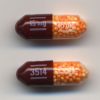
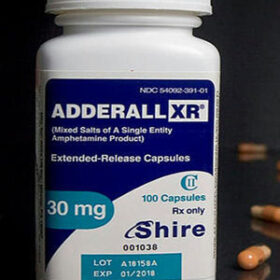
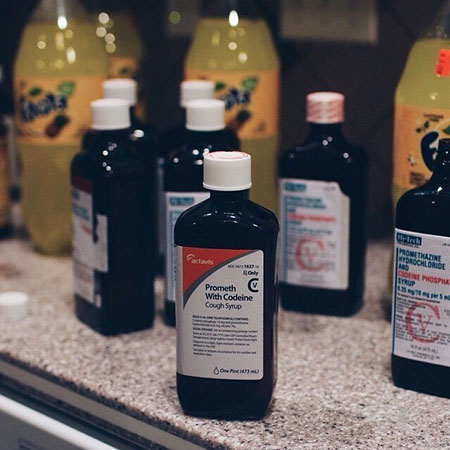
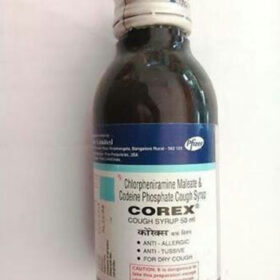





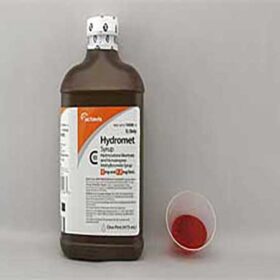
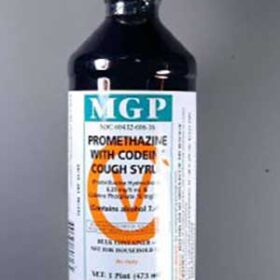

Reviews
There are no reviews yet.